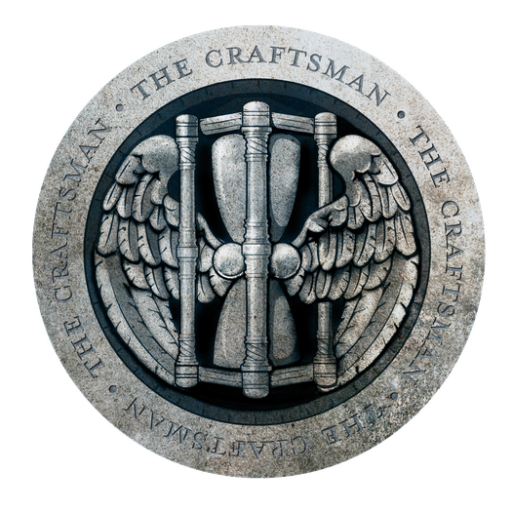Download PDF GENERALS JOHN BRECKINRIDGE CASTLEMAN AND DANIEL R. COLLIER How Freemasonry Helped Avert a Second Civil War in Kentucky Dan M. Kemble, Past Master, William O. Ware Lodge of Research The immediate aftermath of the death of Governor William Goebel in Frankfort, Kentucky on February 3, 1900 brought Kentucky to the brink of civil…
Download PDF The Enigmatic Life of Major John Belli Merchant, Solider, Spy, and Freemason John W. Bizzack, Ph.D. The Enigmatic Life of Major John Belli is, in part, an excerpt from How and Why Freemasonry Came to Kentucky, Autumn House Publishing 2014, John W. Bizzack, and Notable Men in Kentucky Who Happened to be…
Download PDF Searching for the Intersecting Masonic and Political World of Henry Clay John W. Bizzack and Dan M. Kemble This research appears in The Rubicon Masonic Society Transactions, Volume 1, 2023. The research is a product of the collaborative work between Lexington Lodge No.1, the William O. Ware Lodge of Research, and the Rubicon…
Download PDF THE GREAT MASONIC CAN-KICKING: 1779-2024 John W. Bizzack, PM, Lexington, Lodge No. 1, Lexington, Kentucky A paper read at the 80th Annual Consistory of The Society of Blue Friars, Friday, February 9, 2024, Arlington, Virigina. On December 27, 1779, American Union Lodge 1, which was first chartered in Massachusetts in 1776 Oand functioned…
Download PDF The Steamboat Captain Who Changed the Course of Freemasonry in Kentucky John W. Bizzack PM, Lexington Lodge No. 1, Research Committee Chair, William O. Ware Lodge of Research ABSTRACT History does not give a us a clear account of what the man who, in August 1851 at the 51st Annual Communication of the…
Download PDF BURLESQUING FREEMASONRY THE WORKING JACKET OF A MASTER MASON AND THE AGE OF FRIVOLITY John W. Bizzack and Dan M. Kemble BURLESQUING FREEMASONRY The Working Jacket of a Master Mason and The Age of Frivolity Past Masters John W. Bizzack, Ph.D. and Dan M. Kemble, J.D. This research appears in Volume 1…
Download PDF Unraveling Tall Tales A 21st Century Investigation into the Disputable Masonic Claims that Daniel Boone and Davy Crockett Were Freemasons John W. Bizzack, Ph.D.. PREFACE In matters of history, even a casual concern for accuracy can have staggering rippling effects. Unless proven otherwise, often what is continually reported will be taken…
When we refer to the caliber of a good man’s character, his work ethic, resilience, decency, citizenship, faith, family values, and other aspects of what we commonly consider the measure of such a man, we say the man is of good timber.American poet and short-story writer, Douglas Malloch, is credited with bringing that term into popular usage in his 1922 poem, “Good Timber.” The significance of the poem is Malloch’s use of a sagely metaphor that reminds us that, like a tree, a man must consistently bear up against strong winds and other elements of his surroundings, and develop deep roots to nourish growth if he is to live an upright life of value, upon which a premium may be placed. Men who strive hard to surmount struggles of their sum and substance become, like trees, good timber. Some interpret Malloch’s work as a reminder that life without hardship is one of unfulfilled potential.
We all know that Freemasonry is a Fraternity. The word fraternity is derived from the Latin word “Frater” which means “brother” or “brotherhood.” We have each taken an oath giving us the right to regularly come together in private and call each other brothers within our adopted family. There have been hundreds of fraternal organizations established in our country’s history however most have failed to keep the attention and interest of their members and have eventually disappeared or transformed into casual forms of “organizations” “clubs” and “student fraternities.”
From 1793-1805, England’s growing concern and fear of invasion by Napoleon’s enormous army and navy resulted in Parliament authorizing several watch stations to be built along the English coast and manned by civil servants. The purpose of these watch stations and duties of the lookouts was to serve as the early warning system to an invasion fully expected to arrive by way of the English Channel. Napoleon’s plan to invade England,however, was sidetracked in 1805 as he became more focused on his military campaigns in Austria and Egypt. In 1815, the English army defeated Napoleon once and for all at the Battle of Waterloo and the threat of an invasion completely disappeared.


